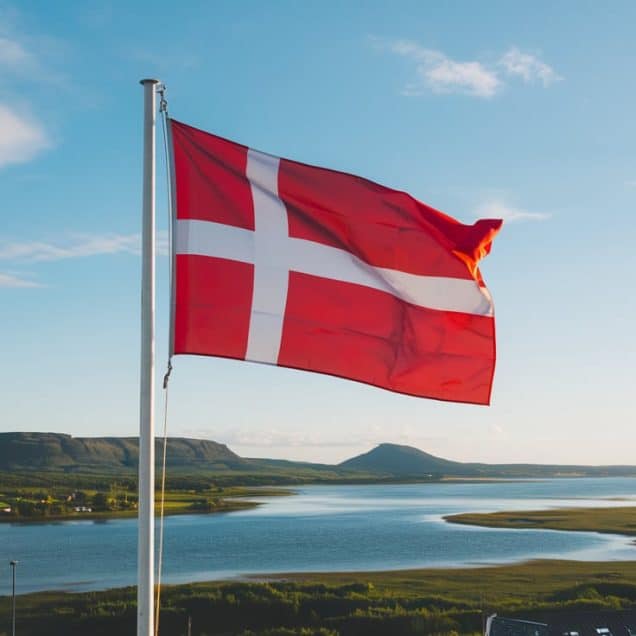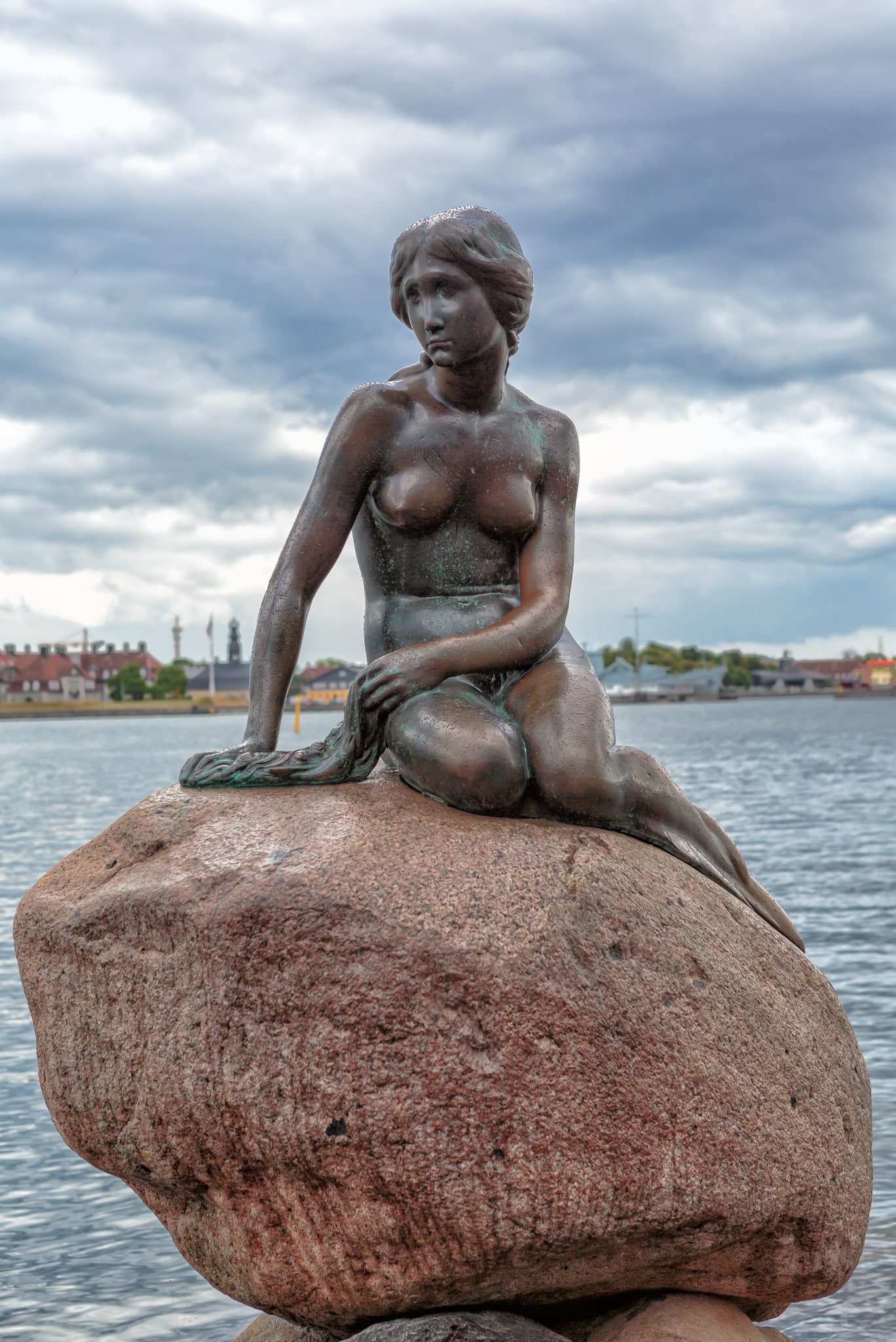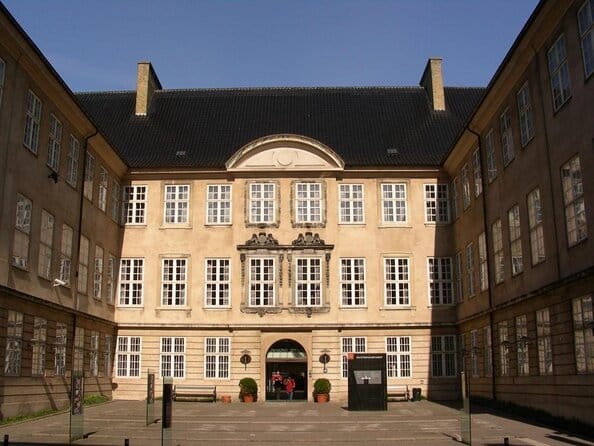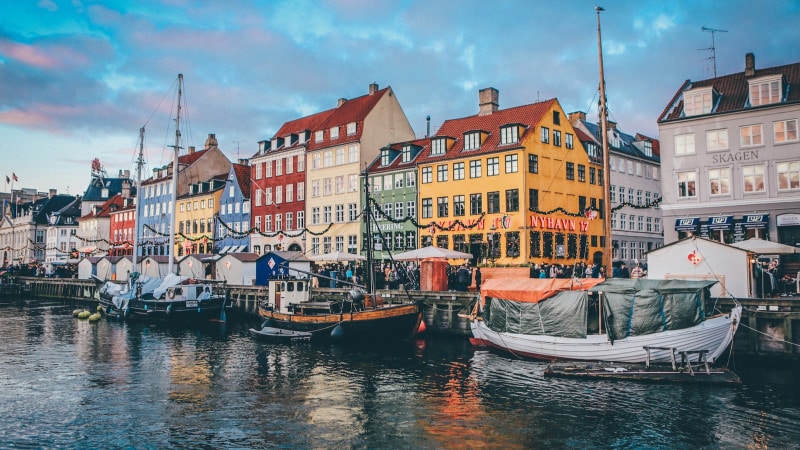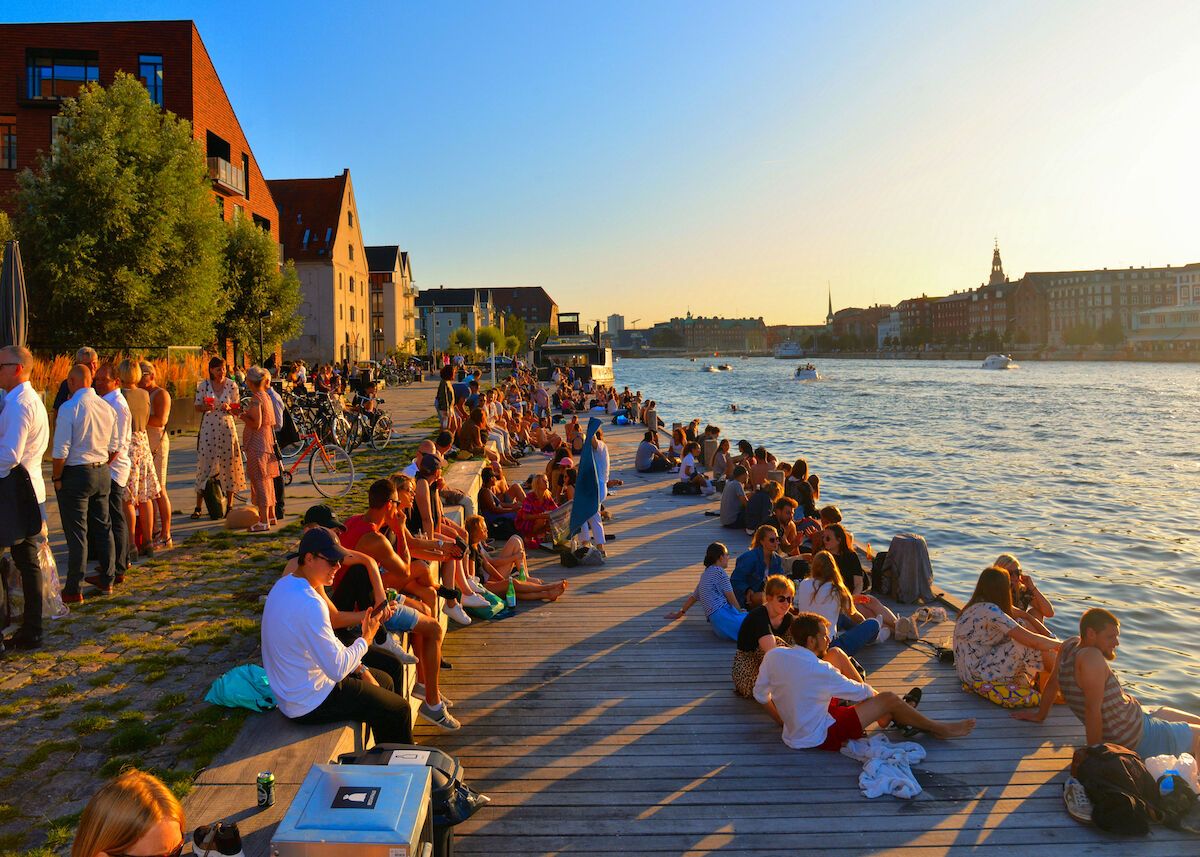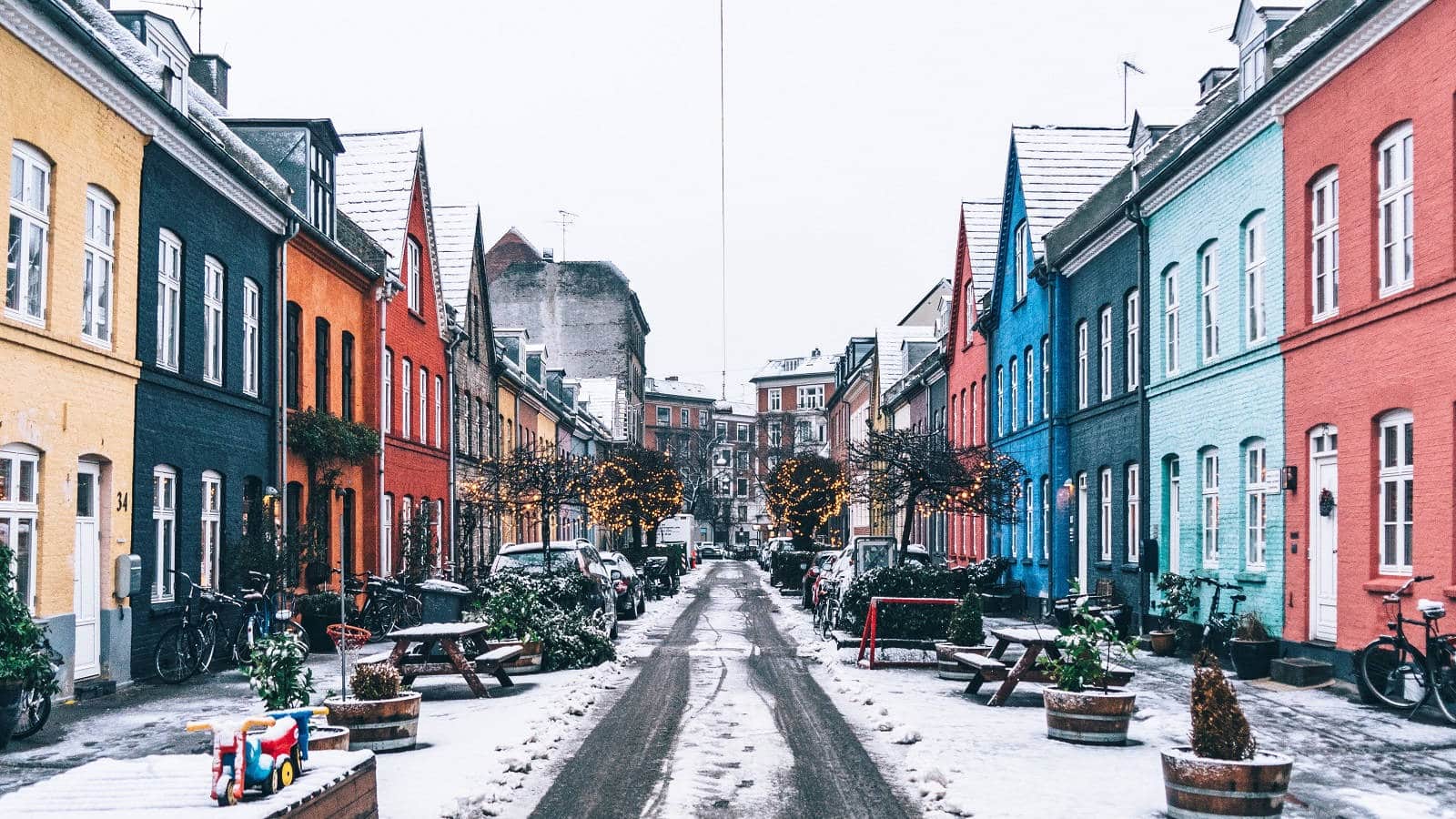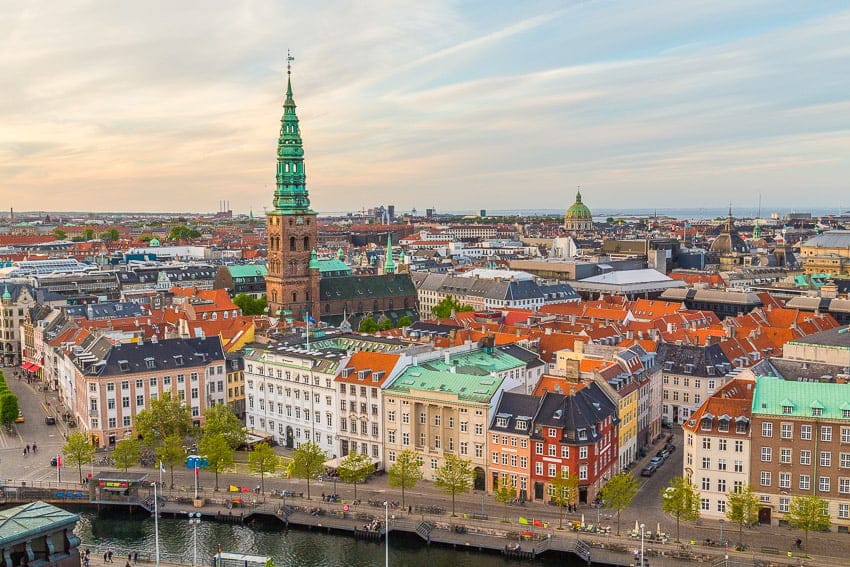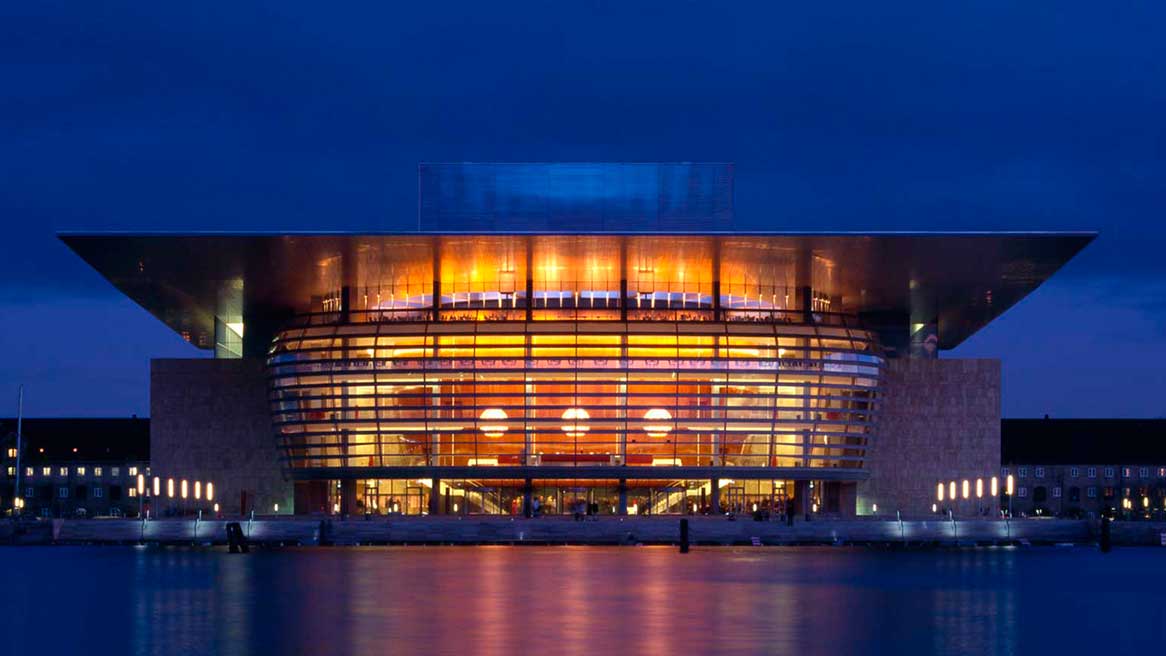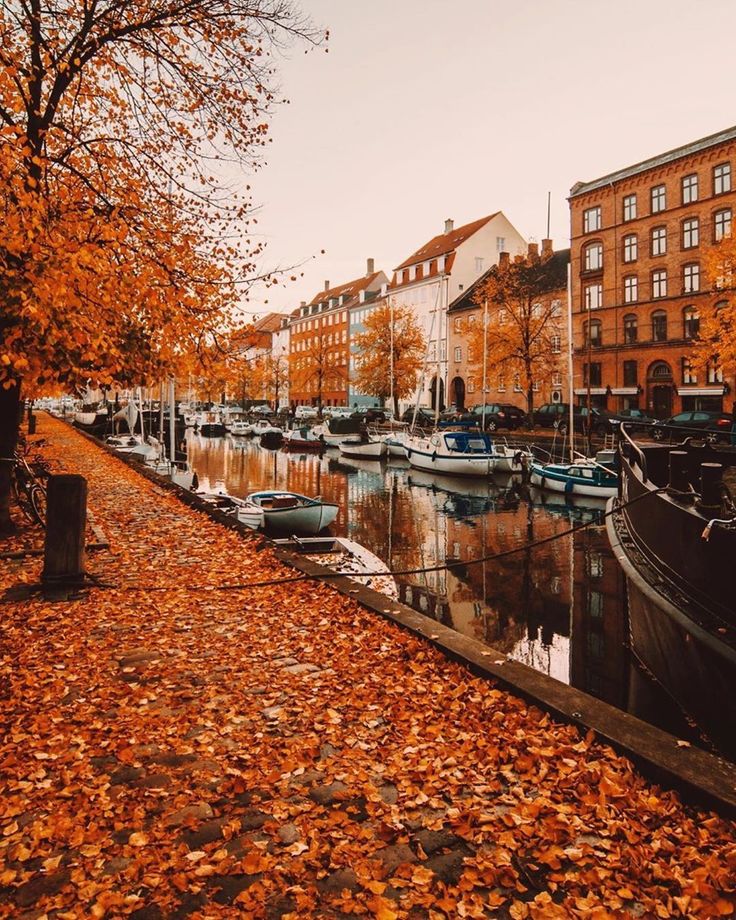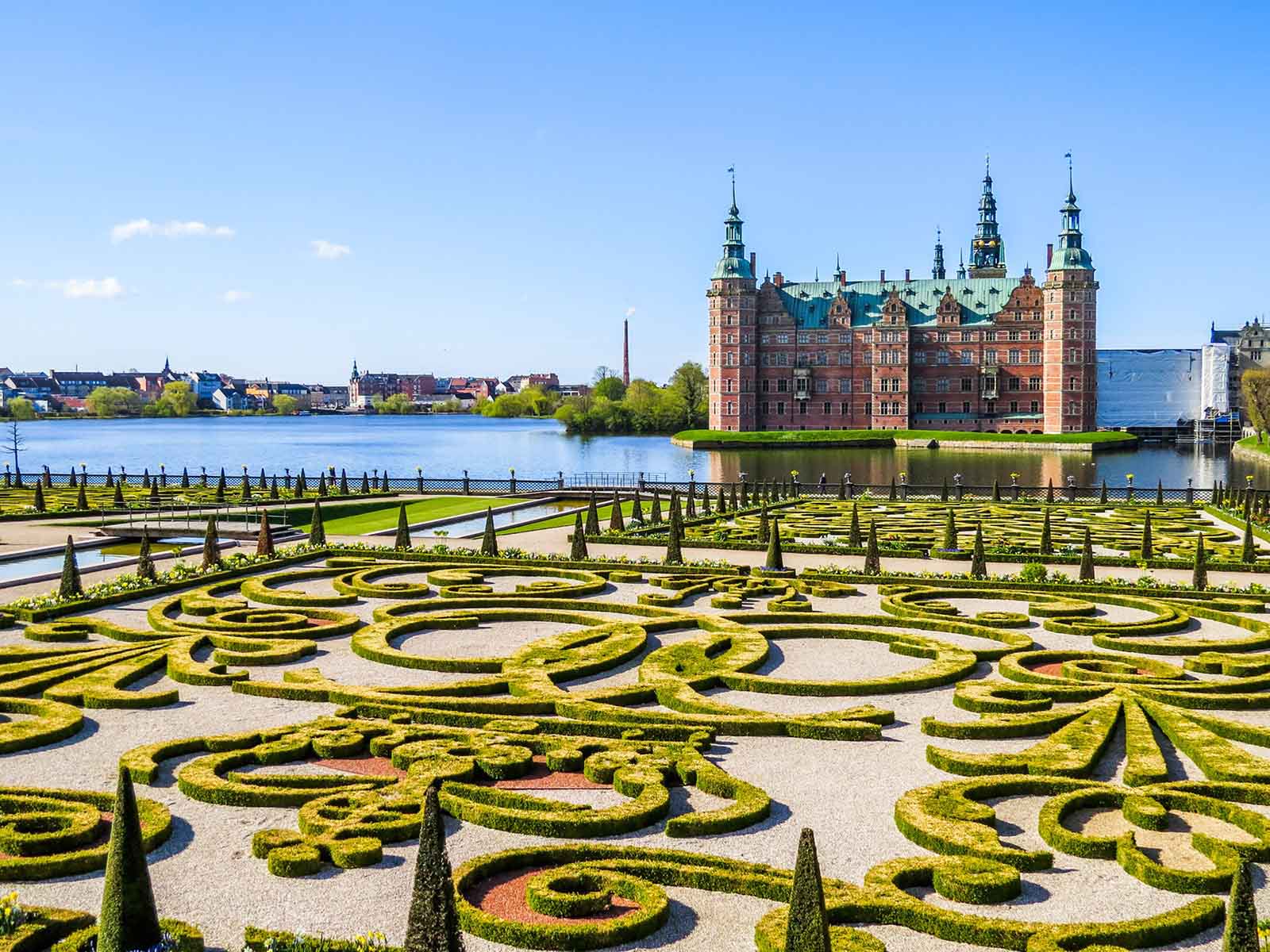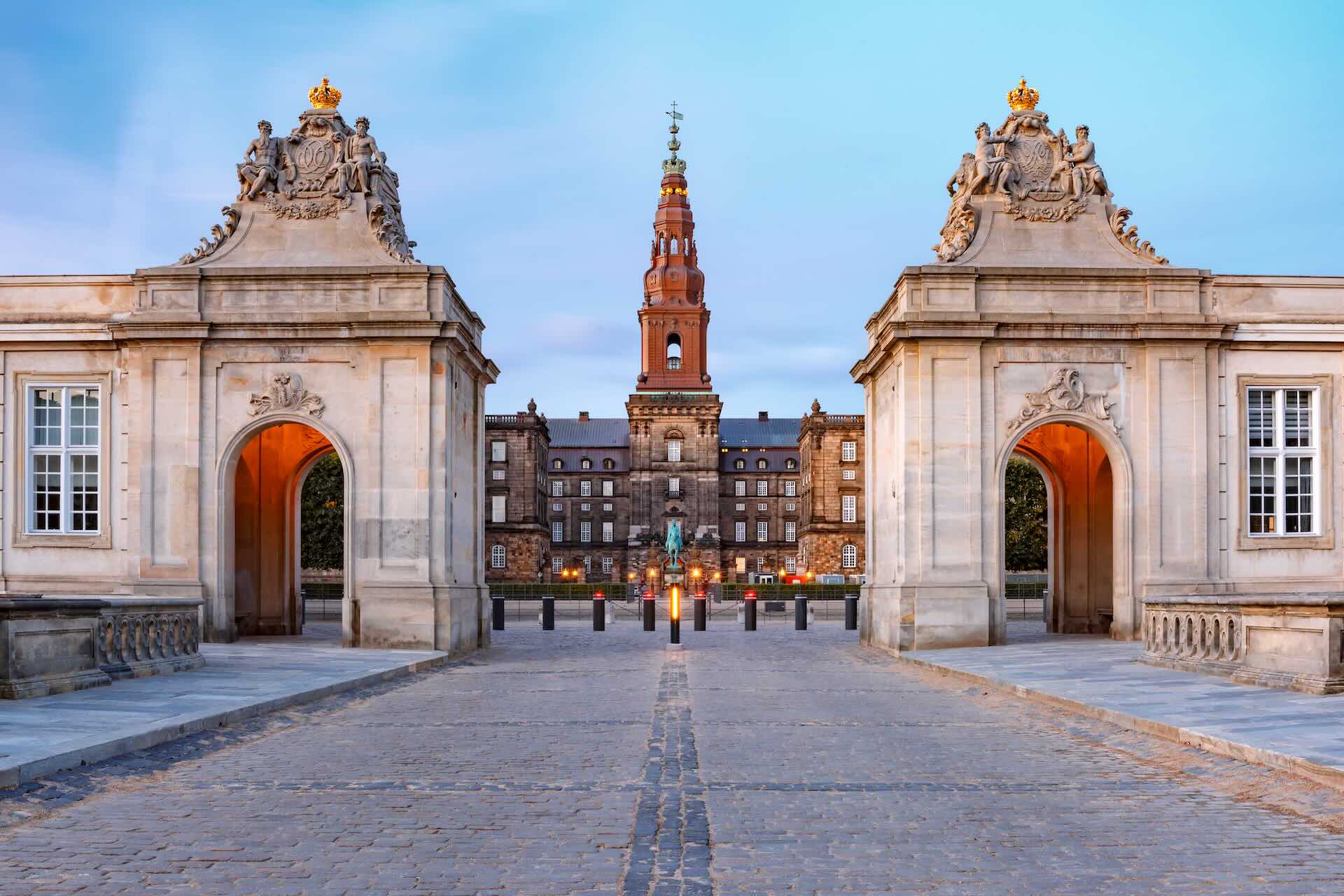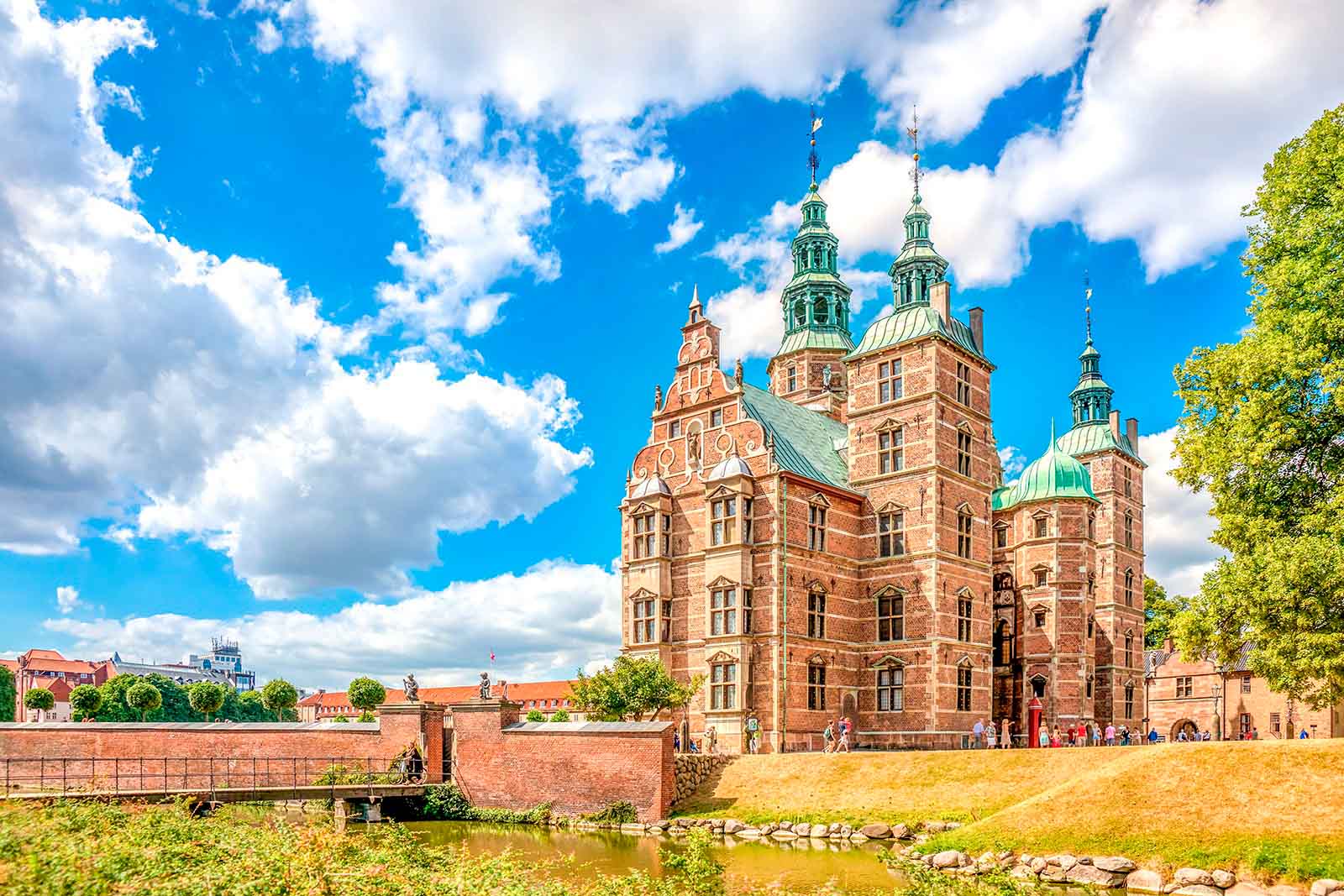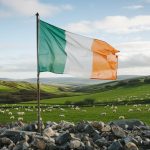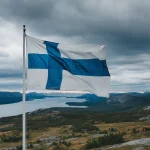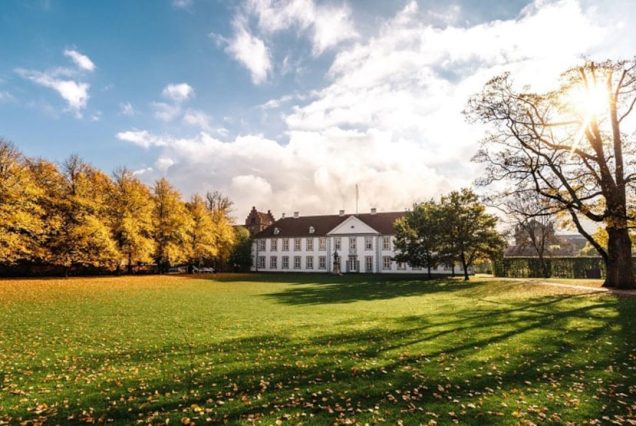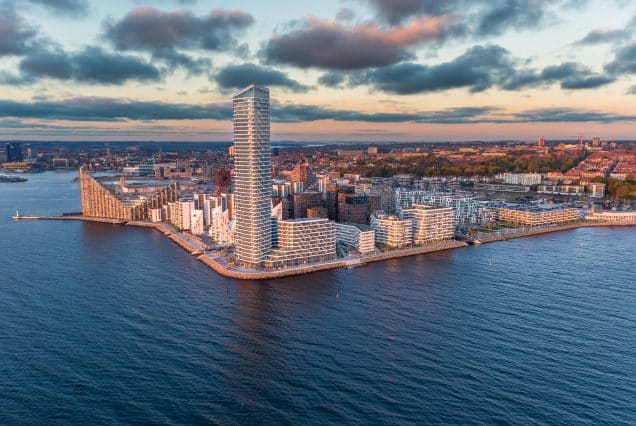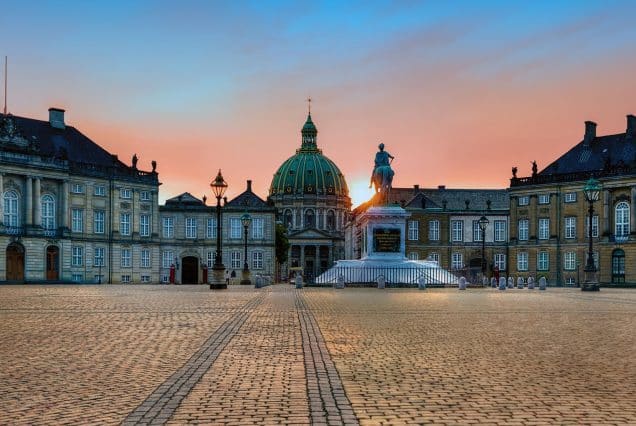

Discover Denmark
Sights
Map
Info
Denmark, often celebrated for its high quality of life, progressive values, and rich cultural heritage, is a country that seamlessly blends tradition with modernity. Known for its picturesque landscapes, innovative architecture, and the concept of “hygge,” Denmark offers a welcoming and enriching experience for travelers. Whether you are exploring the vibrant streets of Copenhagen, visiting the historical castles of Jutland, or enjoying the serene countryside, Denmark provides a unique and memorable journey. To make the most of your visit, it’s essential to be aware of the country’s visa requirements, transportation options, and cultural norms.
Visa and Passport Requirements
Visa Requirement: Denmark is part of the Schengen Area, so travelers from Schengen member states do not need a visa for short stays. Visitors from non-Schengen countries may need to apply for a Schengen visa, which allows stays of up to 90 days within a 180-day period.
Passport Validity: Your passport should be valid for at least three months beyond your planned departure date from the Schengen Area.
Entry Process: Upon arrival, travelers may be required to show proof of accommodation, sufficient funds, and onward travel arrangements.
Transportation
Public Transport: Denmark has an efficient and reliable public transport system, including trains, buses, and metro services, particularly in cities like Copenhagen and Aarhus.
Cycling: Denmark is one of the most bike-friendly countries in the world, with extensive cycling paths and rental options available in most cities and towns.
Domestic Flights and Ferries: For traveling between the mainland and the islands, domestic flights and ferries are convenient options, offering beautiful scenic routes.
Accommodation
Hotels: Denmark offers a wide range of hotels, from luxury establishments in major cities to budget-friendly options in smaller towns and rural areas.
Hostels and Guesthouses: For travelers looking for more affordable options, hostels and guesthouses provide comfortable accommodations with a local touch.
Vacation Rentals: Airbnb and other vacation rental services are popular, offering everything from modern apartments in Copenhagen to cozy cottages in the countryside.
Dining
Danish Cuisine: Traditional Danish dishes include smørrebrød (open-faced sandwiches), frikadeller (meatballs), and Danish pastries, with an emphasis on fresh, local ingredients.
New Nordic Cuisine: Denmark is at the forefront of the New Nordic food movement, with restaurants like Noma in Copenhagen leading the way in innovative, sustainable dining.
Dining Customs: Tipping is not obligatory in Denmark, as service charges are typically included in the bill, but rounding up the bill or leaving a small tip for exceptional service is appreciated.
Cultural Considerations
Respect for Privacy: Danes value their privacy and personal space, so it’s important to be polite and avoid intrusive questions or behavior.
Punctuality: Danes are generally very punctual, and it is considered polite to arrive on time for social events, meetings, and reservations.
Sustainability Practices: Denmark is a leader in sustainability, so be mindful of recycling, energy use, and other eco-friendly practices during your visit.
Language
Language: Danish is the official language, but English is widely spoken, especially in urban areas and among younger generations, making communication easy for most travelers.
Signage: Most public signs, menus, and information are available in both Danish and English, particularly in tourist areas.
Learning Basic Phrases: Knowing a few basic Danish phrases, such as “Tak” (Thank you) and “Hej” (Hello), can be a nice gesture and is appreciated by locals.
Technology and Communication
Mobile Connectivity: Denmark has excellent mobile network coverage, and purchasing a local SIM card for data and calls is easy and convenient.
Wi-Fi Access: Free Wi-Fi is widely available in hotels, cafes, and public spaces, particularly in cities and tourist areas.
Electrical Outlets: Denmark uses a 230V electrical system with Type C and K plugs, so an adapter may be necessary for travelers from other regions.
Shopping and Payment
Credit Cards: Credit cards are widely accepted throughout Denmark, even for small purchases, though some smaller businesses may prefer debit cards or cash.
Currency Exchange: The Danish Krone (DKK) is the official currency, and currency exchange services are available at airports, banks, and exchange bureaus.
Tax-Free Shopping: Non-EU visitors can claim a VAT refund on purchases over a certain amount; be sure to keep receipts and process the refund at the airport before departure.

